Spectral Evidence: The Photography Of Trauma
In this remarkable contribution to photographic criticism and psychoanalytic literature, Ulrich Baer traces the hitherto overlooked connection between the experience of trauma and the photographic image. Instead of treating trauma as a photographic "theme," Baer examines the striking parallel between those moments arrested mechanically by photography and those arrested experientially by the traumatized psyche -- moments that bypass normal cognition and memory. Taking as points of departure Charcot's images of hysteria and Freud's suggestion that the unconscious is structured like a camera, Baer shows how the invention of photography and the emergence of the modern category of "trauma" intersect. Drawing on recent work in the field of trauma studies, he shows how experiences that are inherently split between their occurrence and their remembrance might register in and as photographic images.

